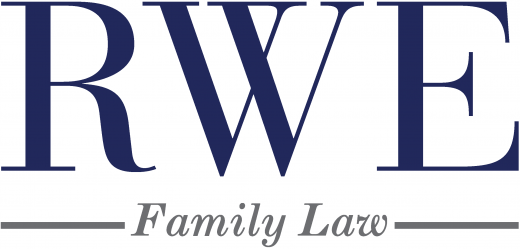Wills
Many people fail to leave their loved ones a properly drafted and updated Will. An improperly drafted Will may result in your assets being distributed by someone chosen by the government. A proper Will ensures that your estate is administered by those whom you trust to follow your wishes and fairly distribute your assets. A Will is a very personal document, and may reveal private family and financial issues and concerns. But once it is entered into the court record, it becomes public, and can be inspected by anyone.
Keeping your Will updated is important. If you marry after you make your Will, your entire Will is void and has no effect. If you divorce after you make your Will, your spouse’s designation as an executor has no effect. Not all of your assets will form part of your estate and be distributed in accordance with your Will. For example: assets held “jointly” may not form part of a deceased’s estate but may pass to surviving joint owners. Insurance benefits, pensions, and RRSPs may pass to designated beneficiaries outside of the Will. These issues can be spotted and your wishes can be more closely followed by regularly consulting with a lawyer every few years regarding your Will.
Powers of Attorney
A Power of Attorney is a safeguard in the event that you become mentally incapacitated through illness or accident. Along with your Will, a Power of Attorney enables a person of your choosing (usually your spouse, child or next of kin) to pay your bills, maintain or sell an existing home, arrange money for your care, purchase special needs accommodation, and communicate on your behalf.
Probate
Probate is the process that transfers legal title of property from the estate of the person who has died (the “decedent”) to their proper beneficiaries and usually involves several steps. It is generally overseen and accomplished by the executor if there is a will, or by a court appointed representative if there is not.
The term “probate” refers to a proving of the existence of a valid Will, or determining and proving who one’s legal heirs are if there is no Will.
Probate generally includes:
1. Identifying and inventorying the deceased persons property;
2. Accounting and appraisal of the property;
3. Payment of taxes and creditors; and
4. Formal distribution of the remaining property as directed by the Will, or by the provincial laws of intestate succession, if there is no Will.
Property left through a Will usually must spend up to a year or more in probate court before it can be distributed to the beneficiaries. Probate is not cheap or quick. Fees and court costs may cost around 5% of the estate’s value.
Estate Litigation
The distribution of property may be challenged pursuant to the Wills, Estates and Succession Act, which came into force in BC on March 31, 2014.
Pursuant to section 60 of the act, if a will-maker dies leaving a will that does not, in the court’s opinion, make adequate provision for the proper maintenance and support of the will-maker’s spouse or children, the court may, in a proceeding by or on behalf of the spouse or children, order that the provision that it thinks adequate, just and equitable in the circumstances be made out of the will-maker’s estate for the spouse or children.
